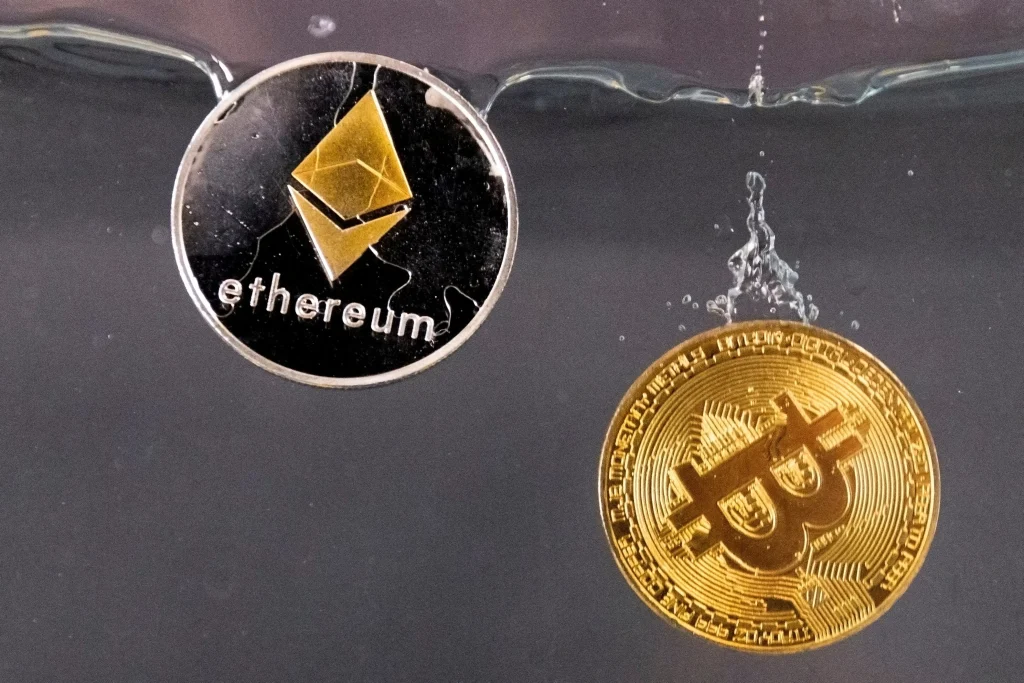WITH Bitcoin reaching a new record, it shows that more investors are getting swept up in the dream of “being their own bank” via tokens that can be transferred instantly and anonymously outside the traditional financial system. Yet at the same time, there seems to be too little awareness of the cost of being your own bank security guard in a cashless world.
A recent double-digit rise in crypto-exchange hacks and a wave of brazen crypto-executive kidnapping attempts – with the latest taking place in broad daylight on the streets of Paris – has put the industry on edge and ramped up interest in security, according to Bloomberg News, with 23 such attacks recorded this year by one database (up from six over the same period last year). They have resulted in grisly mutilations, such as severed fingers, and have pressured the French government to do more to stop them, even if statistically France scores relatively well on crimes such as homicide.
This goes way beyond one country; crime is changing everywhere. Banks are no longer easy or juicy targets for robbers, with heists down more than 80 per cent since the 1990s as branches close and piles of cash hoarded in safes become a rarity. We are also all carrying less cash in a payments world driven by taps and swipes. Personal safety was one reason put forward by ABBA’s Bjorn Ulvaeus a decade ago for making Sweden a cashless economy.
Other forms of criminality
Deterrence is going to be key in tackling this kind of crime, and it’s heartening that the police are doing a good job tracking down gangs and seizing ransom payments; what’s less encouraging in France is prison overcrowding and its knock-on impact on sentencing. Yet the debate about how to balance security and liberty is also brushing up against crypto’s libertarian ethos. Some industry entrepreneurs think the best way to avoid being targeted is more anonymity – and the right to bear arms, which is tightly regulated in France.
Without sounding too squeamish and European, I’m not convinced. “Carrying a weapon is a serious step requiring serious training,” says Bruno Pomart, a former member of elite police unit RAID. “Nor does it solve the problem of vulnerable family members based elsewhere.”
Private security
The more likely outcome will be demand for private security firms and better protection. Salvatore Furnari, chief executive officer of security specialist Topaz Group, tells me he’s increasingly in touch with crypto-industry figures and advising them on a top-to-bottom rethink of how to protect themselves and their associates. “The crypto world is going through the same things banks used to,” he says.
But this all comes at a cost – and it may be that some types of investors decide that owning crypto isn’t worth it. One tech executive tells me he’s simply sold his portfolio for peace of mind. And regulators might eventually decide that crypto needs to be more centralised, not less, to help combat crime. After Italy was hit with a wave of shocking abductions during the “years of lead”, the government eventually moved to dissuade extortion by freezing victims’ financial assets and those of their families. This would be clearly anathema to crypto owners. But if we’re all going to end up being our own bank, it may be another type of alarm to consider. BLOOMBERG


